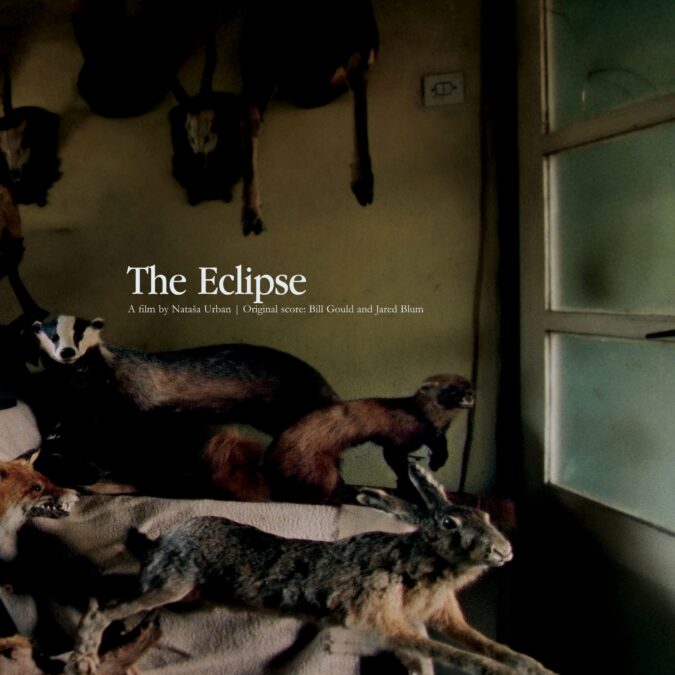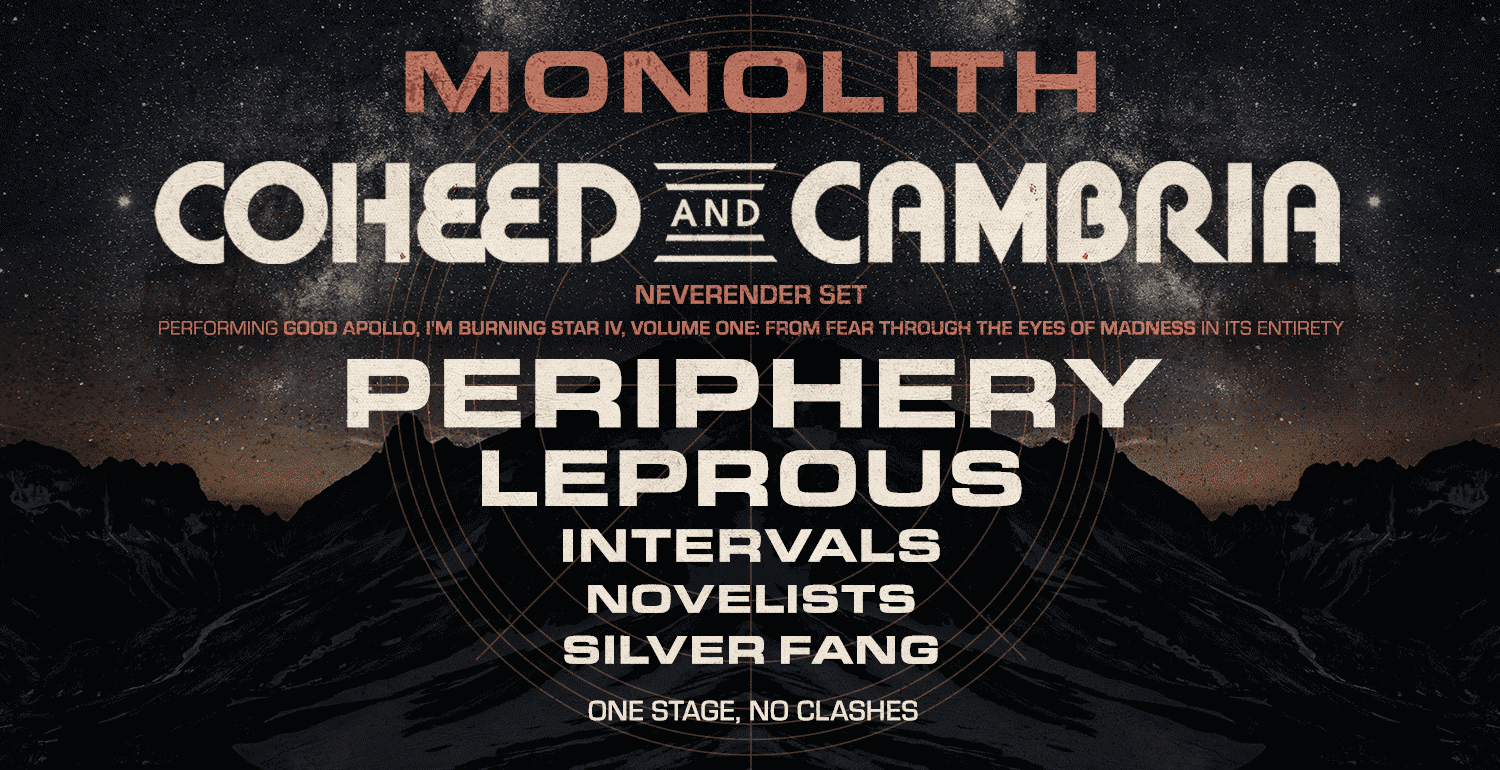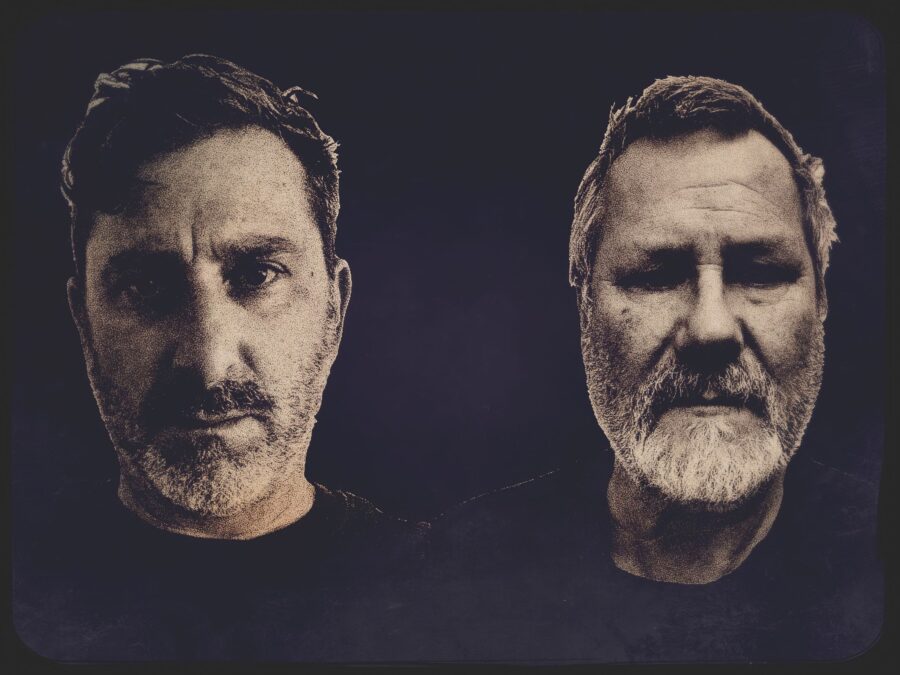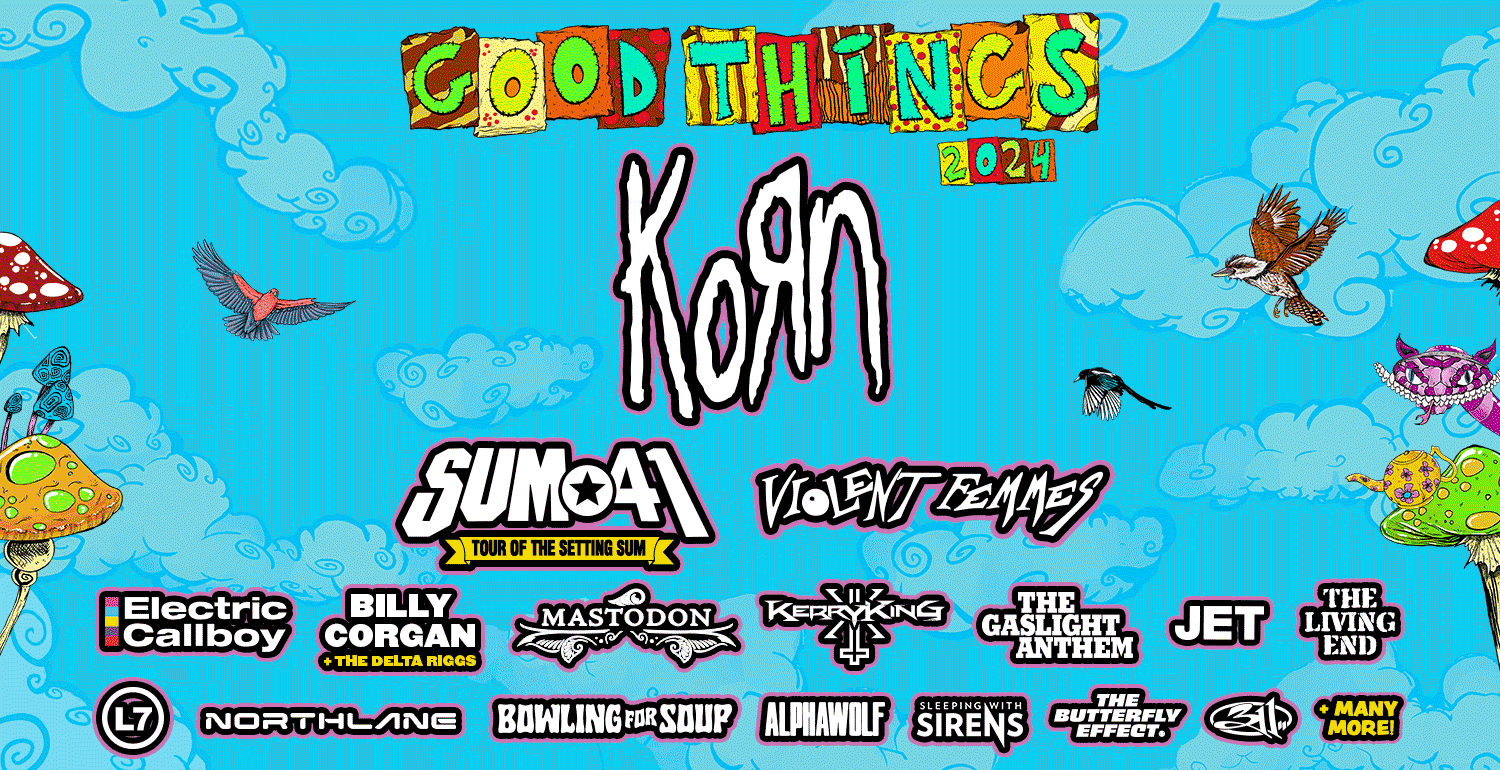One of the most endearing aspects of music is its natural ability to connect on so many levels. For the music lover one song can have a profound effect on your mood or dictate your path to an extent, but on the flip side, from a musician’s perspective, music has so much more to offer.
While many are content to stick to a limited scope in terms of creative output, others need more plentiful and different outlets to satiate their hunger.
“You don’t know it’s done until it feels like it’s done.”
Billy Gould
Faith No More bass player Billy Gould is one such person.
Universally lauded and loved for his role in the band that has helped shape the sonic direction of music on so many levels, Gould also feels the pull of other sides of the musical landscape. Desires that need to be fed but can’t be satiated in a full band or within hard rock/metal constraints.
These musical callings are far removed from the universal appeal and acceptance afforded to Faith No More, but for Gould at least, they are of equal, if not greater, importance.
He found that a number of years ago with the project Talking Book, an outfit that relies more on musical textures and exploration to paint an immersive sonic landscape more in touch with your inner being than your impulsive urge to purge your sins.
Along with Talking Book bandmate Jared Blum, Gould is preparing to release the soundtrack for The Eclipse on November 24, a film that forced Gould to tap into a fresh side of his musical mentality and express his creativity like never before.
HEAVY had the pleasure of talking with Billy Gould recently, and we start by asking him how he is feeling on the cusp of the soundtrack release.
“Good,” he enthused. “We’ve never really worked on a full feature film before like this. For the first time we didn’t know if we were doing it right (laughs), but it came out alright. The director was really happy. I saw it on a big screen, and I was really happy with the way it all came together. It was a little intimidating when we first decided to take it on.”
We ask how he came to be involved with the movie and director Natasha Urban.
“I’ve known her for a decade and a half,” he said. “She has made a lot of other films that are interesting. She made a film in Nepal following a young girl as she grew up in different stages of her life and what happened with her family and I just kept in touch with her. We had spoken earlier about Talking Book records and I sent her a copy of that, and she liked them so she kind of knew the stuff we did. She is really into visuals. Obviously, as a director she is a visual person, and she sent me some photos when she was in a place called The Valley Of The Moon in Uganda, and we almost used that as a cover for an album back in 2011. So w kept in touch and when she decided to do this film she said I was the first person that she really wanted to do it. She knew the aesthetic that I take into things like this, and we saw some clips from the film, and they were very… evocative, with some stuff filmed in Super 8. Some of it was very textured, some of it was very saturated and to me her visuals are like what we do with sound, so I thought it would be a good match.”
In the full interview, Billy talks about the pressures of carrying a whole soundtrack on their backs instead of contributing just one song, the process of writing musical scores to a movie, creative music with a cinematic feel to it, how different writing for a movie is compared than with a band, how the writing process forced him into a different headspace and how he coped with that, the origins of Talking Book and future plans and more.














